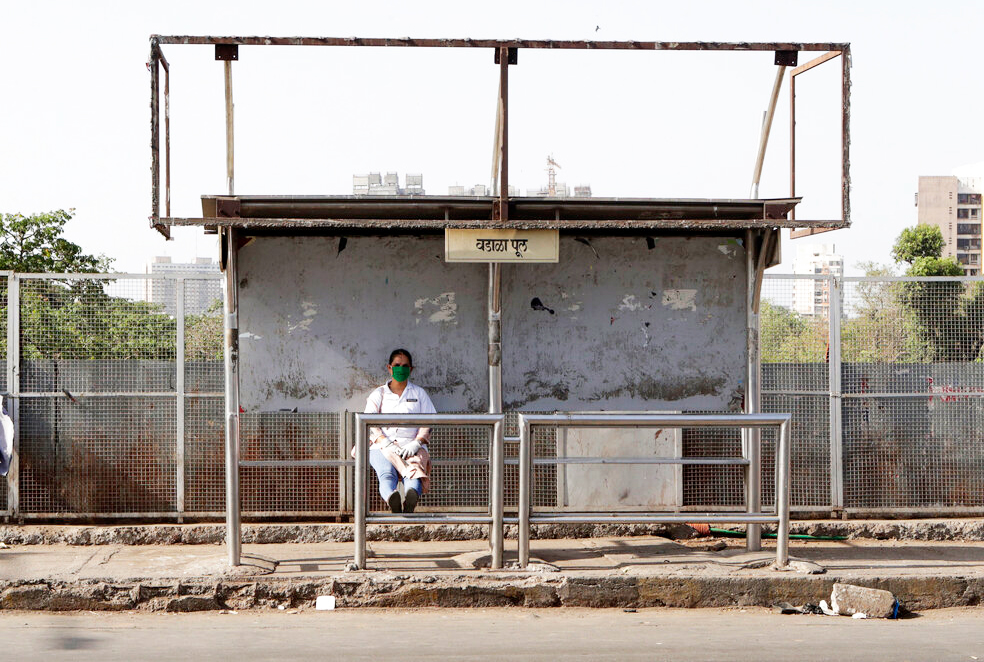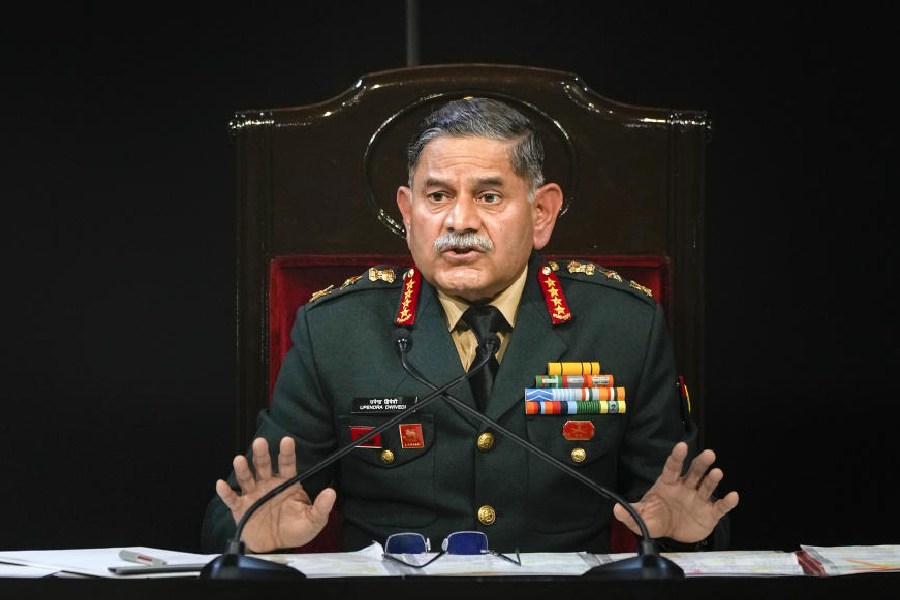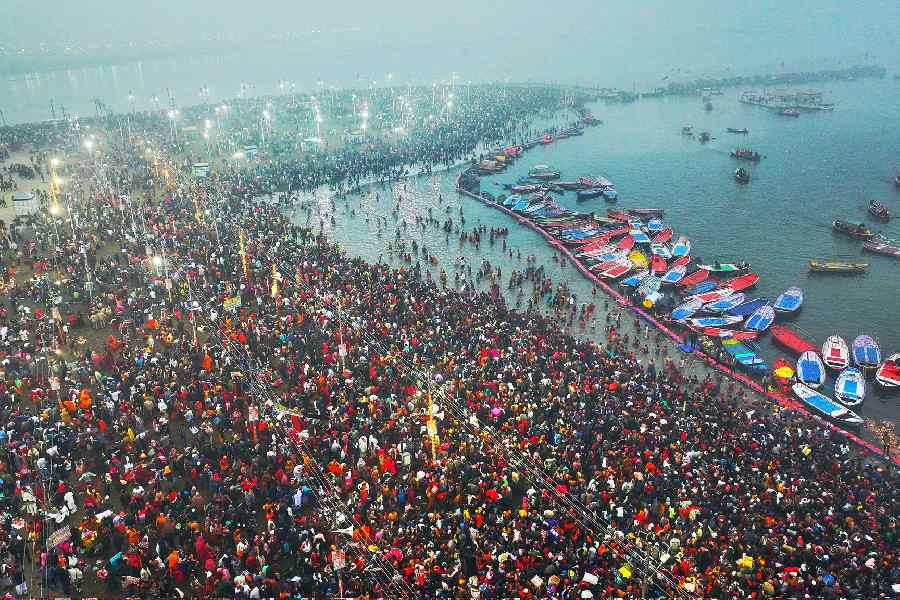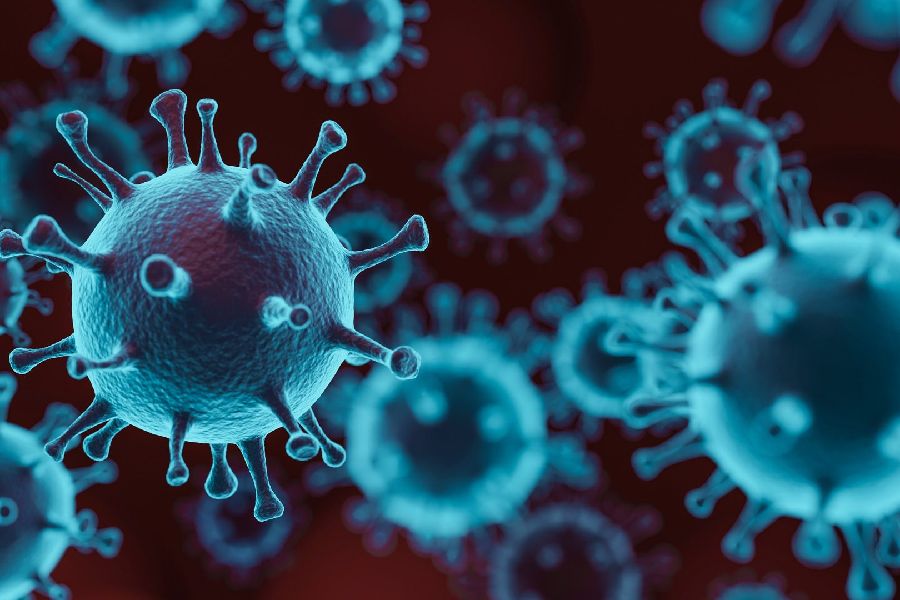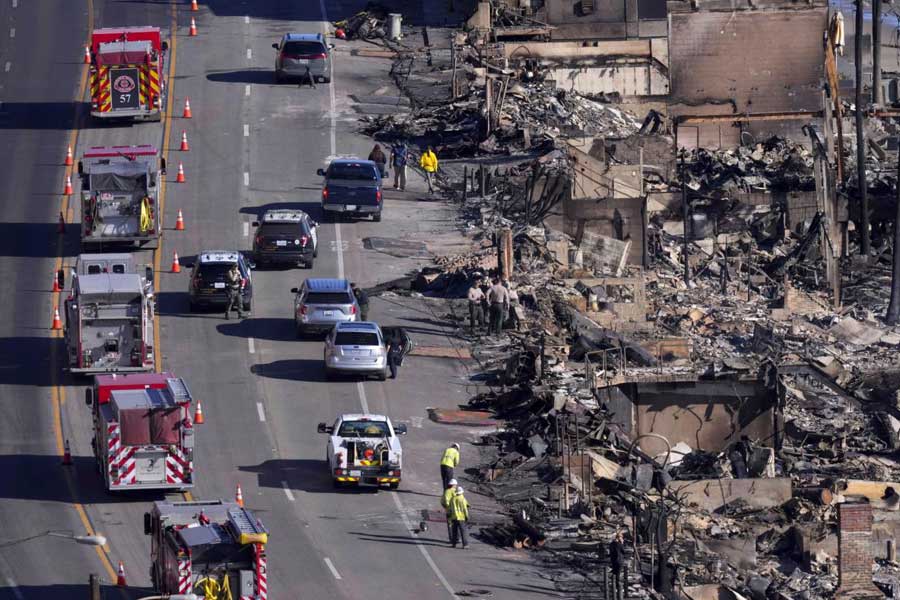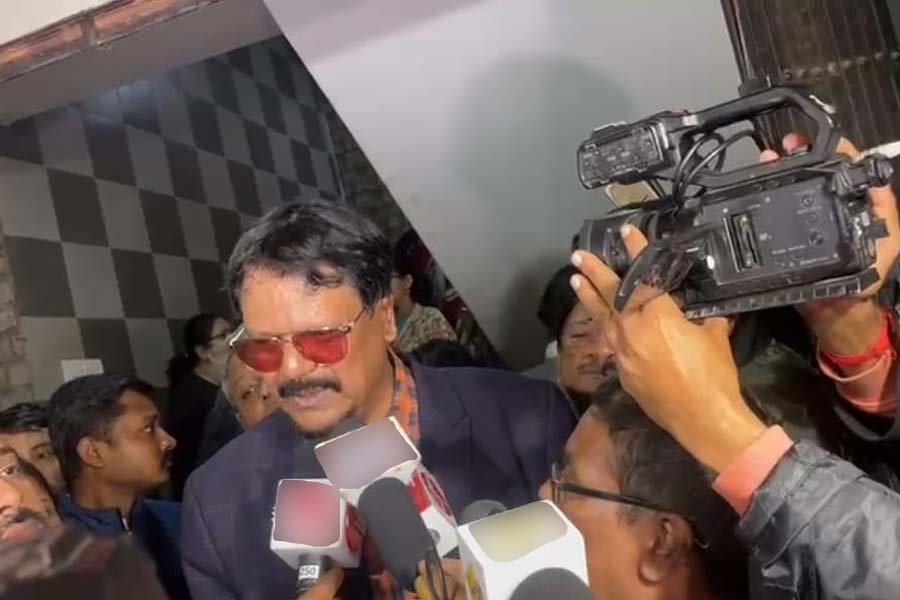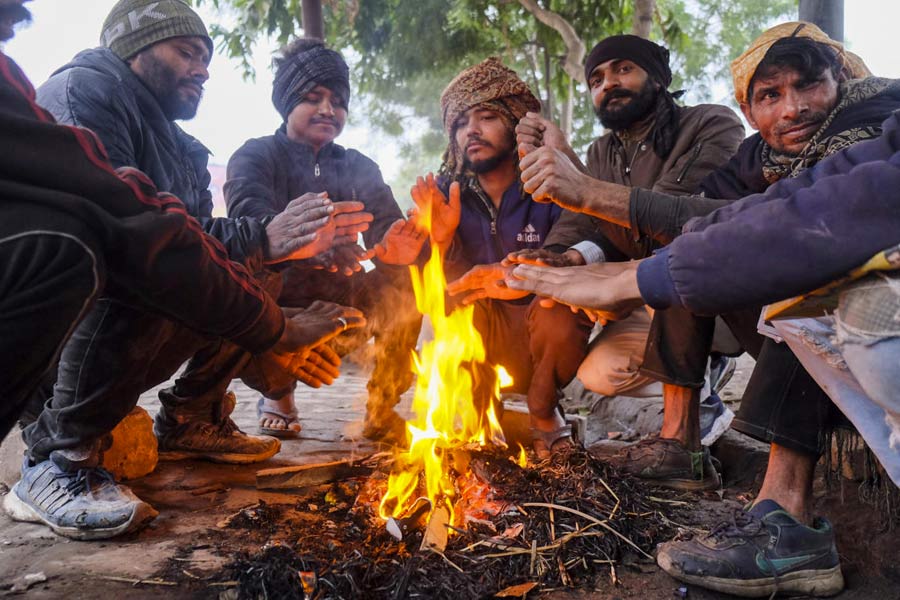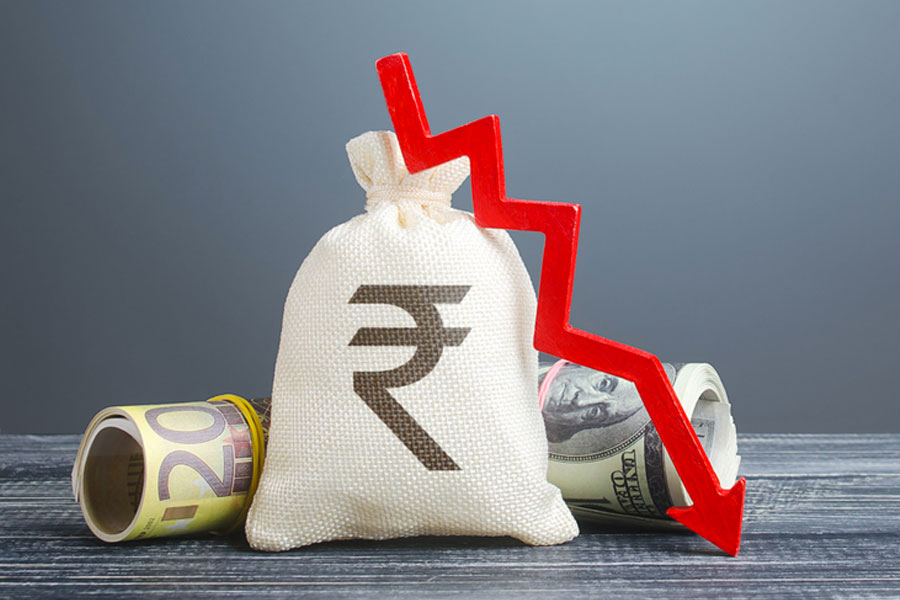India’s health ministry on Friday denied community-level transmission of the novel coronavirus in the country, baffling epidemiologists and virologists because the government’s own health research agency has detected strong evidence for community spread in at least 36 districts.
Multiple experts have said the government’s denial suggests it has trapped itself into a needless narrative that seeks to deny community transmission despite growing evidence under the misleading impression that community-level spread signals a government failure to contain the virus.
The experts, authorities in their fields, said they are worried that such denials reflect a dangerous trend of ignoring evidence and could erode public trust in the government at a time the coronavirus epidemic is still growing in the country.
The health ministry recorded 896 new coronavirus disease (Covid-19) cases on Friday – the highest overnight spike yet– and 37 additional deaths, raising the total confirmed cases to 6,761 patients, including 206 dead.
A study released by the Indian Council of Medical Research on Thursday had found 104 (1.8 per cent) among 5,911 patients hospitalized with severe acute respiratory illness (SARI) across India positive for the coronavirus. Forty SARI patients in 36 districts had no history of international travel or contact with a positive case, implying they picked up the infection from others in their own localities, evidence for community transmission.
But a senior health ministry official told reporters on Friday: “There is no community transmission yet. It is not such a fearsome situation. But we need to be aware and alert and follow dos and donts.”
The official said the positive cases among SARI patients were found in areas where the infection was already present. “In some cases, contact history is not there. This only needs further investigation to find the contacts. In some areas, when numbers grow, contact tracing is difficult.”
Experts said the denials by the health ministry appeared rooted in a narrative that portrays community spread of Covid-19 as something that has to be denied as long as possible.
They believe the seed for the current efforts to deny community transmission was likely sown at a press briefing in March by the ICMR director general Balram Bhargava, a top cardiologist, who used language from cancer to describe the pandemic.
This was early March. The first cases of local transmission had started. People who had been infected outside India were spreading it to their family members and contacts in India. A gentleman in Delhi who returned from Europe transmitted it to several family members in Agra.
Epidemiologists knew that given the ease of spread, it was only a matter of time before community transmission of Covid-19 would occur and the chain of spread would become so labyrinthian that it would be difficult to trace every source of infection.
However, the ICMR DG during the briefing said India had moved from stage 1 (imported cases only) to stage 2 (local transmission) and the country had a window of opportunity to keep stage 3 (community transmission) at bay. He had also said it would be “worrisome” if India moves into stage 3.
Sections of the media, including social media, picked up the message and amplified it.
“This message was inflated to the point where a false impression was created that as long as India remains in local transmission, we’re okay. If India moves into community transmission, all hell will break lose. Nothing can be done, said T. Sundararaman, a community medicine expert and former director of the National Health Systems Resource Centre, New Delhi, a unit of the health ministry.
“This is a misleading, wrong impression,” he added.
Sundararaman and other experts point out that to his credit, Bhargava did not at any point convey the impression that community transmission was a point of no return.
Nevertheless, the impression seems to have gained credence in top government circles.
“This wrong impression appears to have been absorbed in top government echelons – and the government has to deny community transmission,” Sundararaman said.
Several community medicine experts and virologists who requested anonymity because they did not want to appear criticizing the government when it is doing its best to respond to the pandemic said they concur with Sundaraman’s views.
“The government is already doing the best it can in so many ways. Why not just admit community transmission and go on with work,” a senior public health researcher told The Telegraph.
A senior virologist said there such denial of evidence carries the risk of losing public trust.
“Controlling a pandemic rests on public trust. If people trust your message, they will comply. The government is not helping itself with such denials. This could erode trust. They should just admit community transmission and move on,” said the virologist.
Experts point out that the health ministry’s own containment plan document cites “large outbreaks amenable to containment” that would need to be addressed through strict quarantines over specific geographic areas.
“What is a large outbreak amenable to containment if not community spread – particularly when the quarantine is over a specific geographic area than across chains of contact,”said Sundararaman.
The ICMR study found only 104 Covid-19 positive SARI patients. But infectious disease specialists point out that around 80 per cent of Covid-19 patients have only mild symptoms. For every one Covid-19 SARI patient, there could have been four other infected patients who were not detected in surveillance.
Despite the public posturing, experts said, the governmnent's responses are in line with what community spread would demand. The ICMR on Thursday revised testing criteria to screen all persons with even mild symptoms such as fever, cough, runny nose for the coronavirus in hotspots.
On March 28, the ICMR had detected early signals of community transmission, but the health ministry had similarly denied the evidence.

